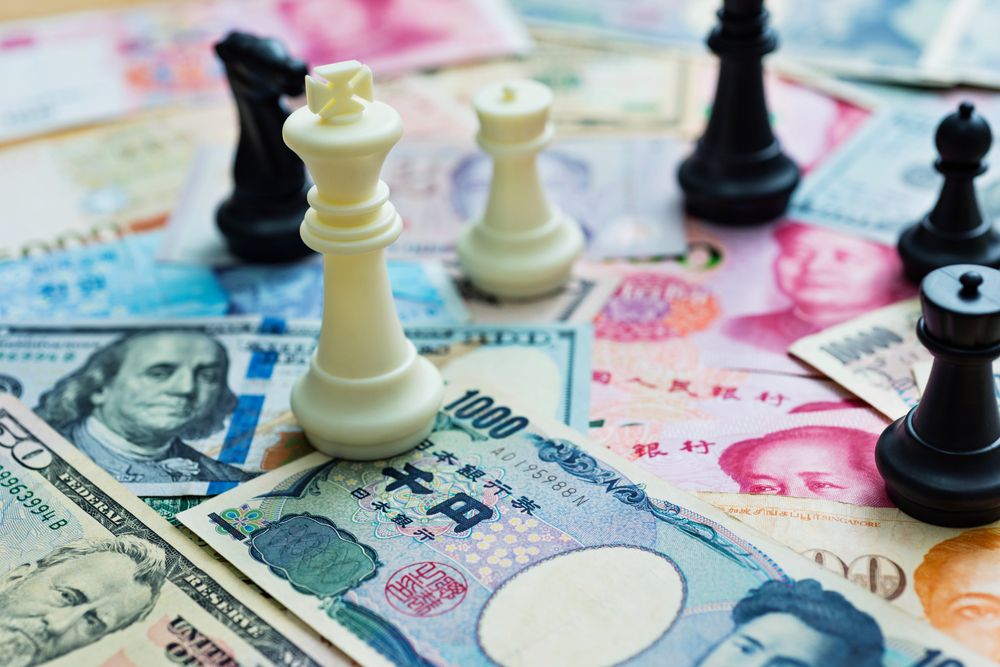
FX | Monetary Policy & Inflation

FX | Monetary Policy & Inflation
Soumaya Keynes, the Economics and Trade editor at the Economist and Chad Bown, a Senior Fellow at Peterson Institute, delve into currency manipulations – in particular the fact that countries use them despite laws against the practice and how better controls might be put in place. Senior Fellow at Peterson and form IMF Chief Economist Maury Obstfeld also joins the conversation. Currently, the IMF is the currency manipulator watchdog, but their only punishment is ‘naming and shaming’…
This article is only available to Macro Hive subscribers. Sign-up to receive world-class macro analysis with a daily curated newsletter, podcast, original content from award-winning researchers, cross market strategy, equity insights, trade ideas, crypto flow frameworks, academic paper summaries, explanation and analysis of market-moving events, community investor chat room, and more.
(You can listen to the podcast by clicking here)
Soumaya Keynes, the Economics and Trade editor at the Economist and Chad Bown, a Senior Fellow at Peterson Institute, delve into currency manipulations – in particular the fact that countries use them despite laws against the practice and how better controls might be put in place. Senior Fellow at Peterson and form IMF Chief Economist Maury Obstfeld also joins the conversation. Currently, the IMF is the currency manipulator watchdog, but their only punishment is ‘naming and shaming’. The discussion guides listeners through the recent history of regulations and laws around the practice, most recently Obama’s 2015 ‘Trade Facilitation and Trade Enforcement Act’. This year, regulatory tariffs were introduced for countries believed to have artificially deflated their currency. It’s up to the Treasury to decide who they want to hit, but the Commerce Department isn’t obliged to act. Another idea is to give the US Treasury and Federal Reserve new access to hundreds of billions of dollars to use as countervailing currency intervention by essentially selling dollars. The fund is currently too small to have an impact – $95bn worth of assets is not a credible threat.
Why does this matter? With the trade-weighted US dollar re-approaching multi-decade highs, in political spheres it is becoming increasingly common to blame currency manipulators abroad. If policy makers are serious about trade intervention, they need a credible toolkit. Aggressive protectionism such as tariffs might hurt the US’s international commitments (e.g. WTO), while also failing to solve the underlying problem that the US economy invests more than it saves. The countervailing currency intervention seems more plausible, undoing distortions in prices, and it is a one-off and so easy to reverse. However, such a policy would probably undermine the US dollar’s status as a reserve currency, which could have knock-on impacts to the Treasury’s cost of funding.
Spring sale - Prime Membership only £3 for 3 months! Get trade ideas and macro insights now
Your subscription has been successfully canceled.
Discount Applied - Your subscription has now updated with Coupon and from next payment Discount will be applied.